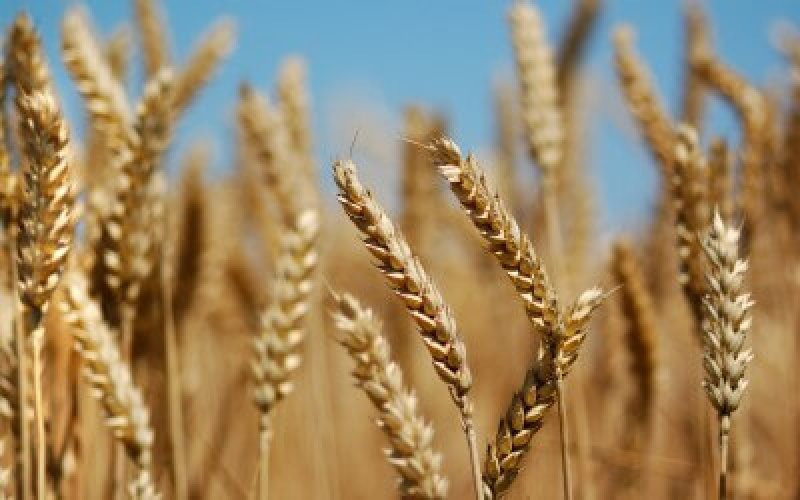My colleague (and chief wheat breeder) at Oklahoma State University was recently interviewed by Ag Journal, and he expressed reservations about GMO wheat.
“Among consumers, there are a lot of myths and fallacies being spread, but I think they are also being spread on the science side,” said Brett Carver, chief wheat breeder at Oklahoma State University. “There’ve been some promises made about GM wheat that I don’t think are true or are being overstated.”
His main complaint is the way wheat has been portrayed as lagging behind other crops with the blame often placed on a lack of genetic modification.
The wheat “lagging behind” argument is one that appeared in my co-authored New York Times editorial on the subject. To be sure this is a complicated issue and there are many factors at play including climate, government policies (particularly ethanol policies), drought, falling cattle inventory, interest rates, and technological advancement (including biotechnology), just to name a few. The trend is not due solely (or perhaps even mainly) to biotechnology. But, might it be one small part of the picture?
New molecular breeding technologies and other advancements may circumvent the need for “GMOs” – at least as they’re currently defined by the public and by regulators – and these advancements may indeed be less costly and invite less public scorn. In the end, however, I find it hard to see why we would want to block farmers’ access to biotechnology. If a company (or University) can create and commercialize a GMO wheat (and I suspect that day isn’t far off, as there are many in development), farmers will have the choice to decide for themselves whether the promise has been oversold.
Clearly, the vast majority of corn, soybean, and cotton farmers believe enough in the merits of GMOs to pay a premium for them. Maybe wheat farmers will have a different experience, and GMO wheat will fail the market test. We’ll never know until one is introduced.
Read the full, original article: Skepticism Over Potential Benefits Of GMO Wheat































